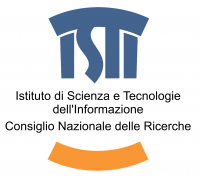James Stuart Taylor, Nicolò Dell’Unto
Advances in computing over the last few decades have profoundly impacted all aspects of the discipline of archaeology. The applied use of databases, digital spatial technologies, 3D and digital media to name but a few are all increasingly challenging the way many archaeologists practice archaeology. Consequently it has become a common goal of many projects to ‘go digital’ and all aspects of field practice have been affected: data collection, storage and management, analysis, visualisation and dissemination. ‘Digitalisation’ is an increasingly common buzz-word within the discipline but there is an undercurrent of criticism that digital technology is commonly deployed without real substance or theoretical grounding.
This session invites participants to share their experiences of ‘going digital’ and explore the ways in which the process of practicing digital archaeology both in the field and during post-excavation has impacted their practice, both positively and negatively; and whether the shift towards a more ‘digital practice’ might in turn have affected the knowledge creation process. The papers in this session will seek to present case studies that examine the use of digital technologies in archaeology and reflect upon the theory that drives these new methodologies (or which they recursively help generate). Is the introduction of new digital technologies to archaeology underpinned by a good theoretical framework? To what extent are these technologies somehow removed from theories of practice in archaeology? Is this even an important consideration for us as a discipline?


